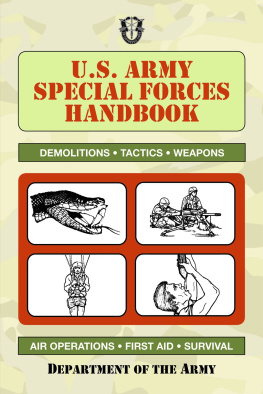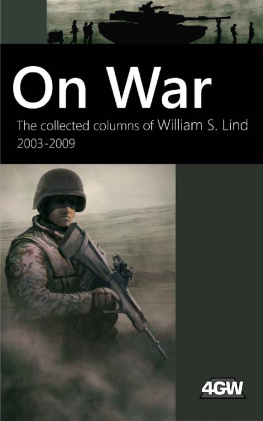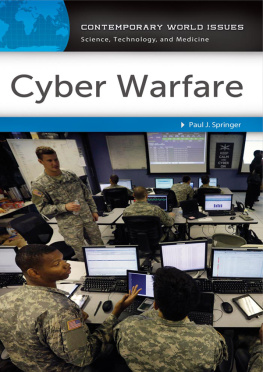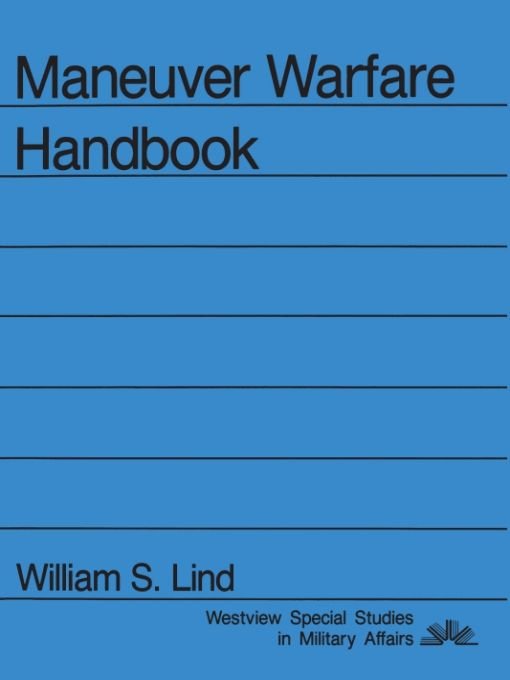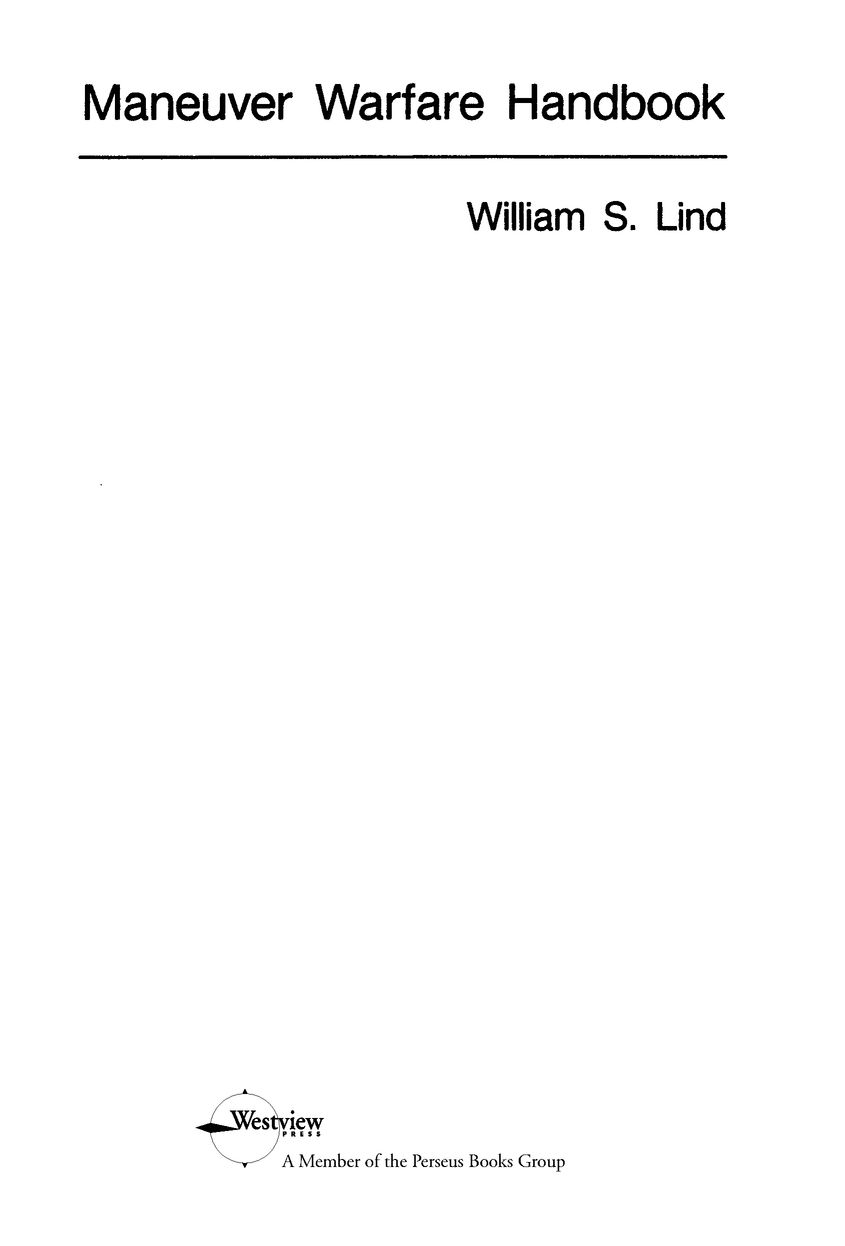Table of Contents
Westview Special Studies
The concept of Westview Special Studies is a response to the continuing crisis in academic and informational publishing. Library budgets are being diverted from the purchase of books and used for data banks, computers, micromedia, and other methods of information retrieval. Interlibrary loan structures further reduce the edition sizes required to satisfy the needs of the scholarly community. Economic pressures on university presses and the few private scholarly publishing companies have greatly limited the capacity of the industry to properly serve the academic and research communities. As a result, many manuscripts dealing with important subjects, often representing the highest level of scholarship, are no longer economically viable publishing projects--or, if accepted for publication, are typically subject to lead times ranging from one to three years.
Westview Special Studies are our practical solution to the problem. As always, the selection criteria include the importance of the subject, the works contribution to scholarship, and its insight, originality of thought, and excellence of exposition. We accept manuscripts in camera-ready form, typed, set, or word processed according to specifications laid out in our comprehensive manual, which contains straightforward instructions and sample pages. The responsibility for editng and proofreading lies with the author or sponsoring institution, but our editorial staff is always available to answer questions and provide guidance.
The result is a book printed on acid-free paper and bound in sturdy, library-quality soft covers. We manufacture these books ourselves using equipment that does not require a lengthy makeready process and that allows us to publish first editions of 300 to 1000 copies and to reprint even smaller quantities as needed. Thus, we can produce Special Studies quickly and can keep even very specialized books in print as long as there is a demand for them.
About the Book and Author
Maneuver warfare, often controversial and requiring operational and tactical innovation, poses perhaps the most important doctrinal questions currently facing the conventional military forces of the United States. The purpose of maneuver warfare is to defeat the enemy by disrupting his ability to react, rather than by physical destruction of forces. This book develops and explains the theory of maneuver warfare and offers specific tactical, operational, and organizational recommendations for improving ground combat forces. The author translates concepts--too often vaguely stated in discussions of maneuver warfare--into concrete doctrine. Although the book uses the Marine Corps as a model, the concepts, tactics, and doctrine discussed apply to any ground combat force.
William S. Lind is an advisor on military affairs to U.S. Senator Gary Hart, president of the Military Reform Institute, and a Resident Scholar at the Institute for Government and Politics of the Free Congress Foundation.
Acknowledgments
First and foremost, I owe a great debt to Captain R. S. Moore, USMC, who not only provided much of the material on which Chapters III and IV are based, but indeed first suggested that this book be written. Colonel John C. Studt, USMC (ret.) not only provided a very generous Foreword, he was also of great assistance in reviewing the draft, as were Colonel Michael D. Wyly, USMC, Colonel John Boyd, USAF (ret.), Major Kenneth Estes, USMC and Major William Woods, USMC. Colonel Wyly also provided an excellent appendix to the text in the form of his lectures on tactics delivered to the Amphibious Warfare School in 1981-82. Last but in no way least I owe a major debt to my typists, Mrs. Barbara Shortridge and Ms. Sandra Erb, who succeeded in turning my disorganized drafts and impossible handwriting into a presentable paper, and SSgt. Les Amen, USMC, who drew the maps.
For any errors in the book, as well as for any passages at which some may take offense (as some invariably will), I take full and sole responsibility.
William S. Lind
Foreword
Colonel John C. Studt, USMC (Ret.)
The author of this book has never served a day of active military duty, and he has never been shot at, although there are no doubt some senior officers who would like to remedy that latter deficiency. Yet he demonstrates an amazing understanding of the art of war, as have only a small handful of military thinkers I have come across in my career.
I served over 31 years active duty with the Marine Corps, saw combat in both Korea and Vietnam, and attended service schools from The Basic School to the National War College. Yet only toward the end of my military career did I realize how little I really understood the art of war. Even as a Pfc in Korea, after being med-evaced along with most of my platoon after a fruitless frontal assault against superior North Korean forces, it seemed to me there had to be a better way to wage war. Seventeen years later, commanding a battalion at Khe Sanh, I was resolved that none of my Marines would die for lack of superior combat power. But we were still relying on the concentration of superior firepower to win--essentially still practicing Grants attrition warfare. And we were still doing frontal assaults!
When I first heard Bill Lind speak, I must confess I resented a mere civilian expressing criticism of the way our beloved Corps did things. After all, he was not one of us, he had not shed blood with us in battle, he was not a brother. And I had strong suspicions that he would have difficulty passing the PFT. But what he said made sense! For the first time I was personally hearing someone advocate an approach to war that was based on intellectual innovation rather than sheer material superiority: mission-type orders, surfaces and gaps, and Schwerpunkt, instead of the rigid formulas and checklists that we normally associate with our training and doctrine. It was a stimulating experience! Through Linds articulation, years of my own reading of military history began to make a lot more sense.
But why all this from a civilian instead of a professional soldier? In fact, the entire movement for military reform is driven largely by civilian intellectuals, not military officers--one notable exception being retired Air Force Colonel John Boyd. When you think about it, this is not surprising. We have never institutionalized a system that encourages innovative ideas or criticism from subordinates. Proposing significant change is frequently viewed as criticism of superiors, since they are responsible for the way things are, and borders on disloyalty if not insubordination. So it is not surprising that the movement for reform comes from outside the military establishment.
And it is not surprising that the author of this book should be in the forefront of the reform movement and president of the Military Reform Institute. A magna cum laude history major from Dartmouth, Bill Lind was gifted with a brilliant mind and a rare talent for translating the lessons of history into practical application. He has studied and researched war, and has delved into the minds of the more successful practitioners, as no professional military officer I know of has done. His crusade to sell maneuver warfare has made him well known--if not well loved--by those who read the Marine Corps Gazette and other current military literature.








